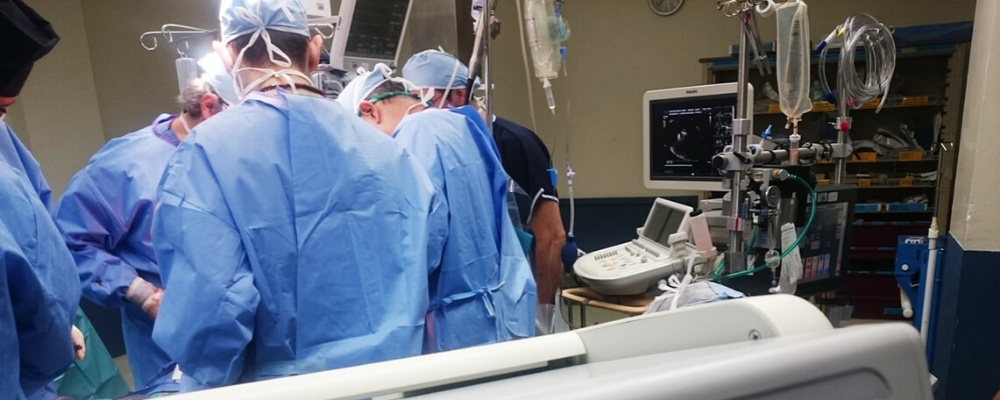What do you usually think about when you hear the term “Artificial Intelligence?”
You probably think of machines or computers suddenly coming to life and taking control of everything, thanks in part to how science fiction books and movies have framed artificial intelligence.
But once you understand that this does not entail anything about artificial intelligence, you’ll find that artificial intelligence has opened up a new world of convenience when it comes to any given healthcare facility.
AI is just beginning to be explored in healthcare, and in the future, it will comprise a lot of the operations of any given healthcare facility.
In order to explore this concept in the best way possible, we need to understand the history of AI as it relates to healthcare facilities as well as its future.
How AI was first introduced in healthcare
Artificial Intelligence is heavily involved in functions that are automatic. Because much of the technology involved in healthcare revolves around patterns, developers of AI based algorithms realized that they could use these algorithms to organize the sometimes overwhelming amounts of data that is involved in most healthcare functions.
Before this development, gathering and organizing this kind of data was very taxing and tedious. When AI was introduced, it saved a lot of time for a lot of account managers and accounting staff in healthcare.
The introduction of AI in these kinds of functions led to other kinds of discoveries in healthcare that utilize algorithms that follow AI type scripts. Here are a few real-world examples:
- It’s being used to detect diseases more accurately and in their early stages.
- It’s being used to support clinical decision-making prioritizing administrative tasks.
- It’s being used for more comprehensive disease management to better coordinate care plans.
The purpose of AI is to make things convenient, not to replace staff
These kinds of discoveries have caused a lot of hospital workers to be afraid of losing their jobs to automated functions. However, this fear is unfounded and not realistic at all.
While many people think that AI will magically give machines their own concepts of reasoning and actions, this isn’t the case.
People might also mistakenly believe that these functions will take the place of functions that previously required human effort. Remember, AI exists to make life easier, not to replace human staff!
Other aspects of the healthcare facility that might utilize AI in the future
AI already has a pretty secure position when it comes to tasks that involve organizing data and numbers. People who work in this industry are already understanding this and have taken steps to adjust to it being a part of their culture as it relates to their vocation.
One of the ventures that will see more forms of AI is the revenue cycle of healthcare facilities at large.
In healthcare, revenue cycles combine clinical, financial, and consumer issues come together. Organizing and analyzing the amounts of information that is shared among these three areas takes a very, very long time.
The amounts of time and money that can be saved if AI becomes a complete part of this cycle will be astronomical, and creators of AI controlled programs know this.
There is no reason to be afraid of the presence of AI in healthcare. In fact, there are many exciting developments ahead for healthcare facilities.
Can’t find a replacement medical part? We’re always adding new parts to our inventory and some might not appear in our web store yet! Feel free to contact us with questions about any part.

